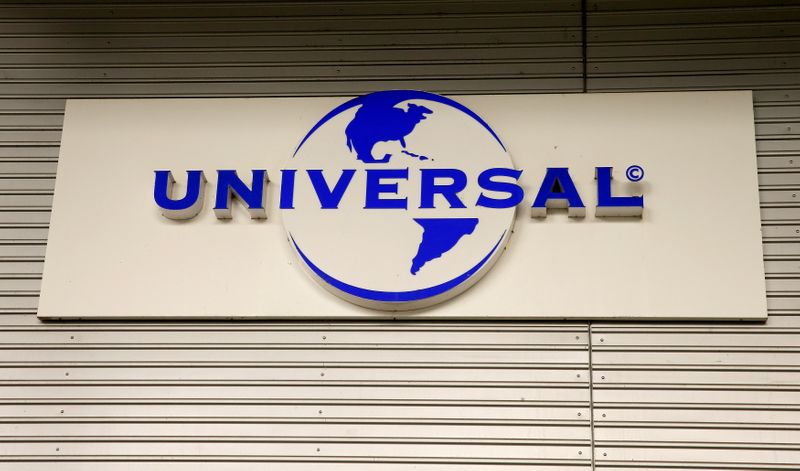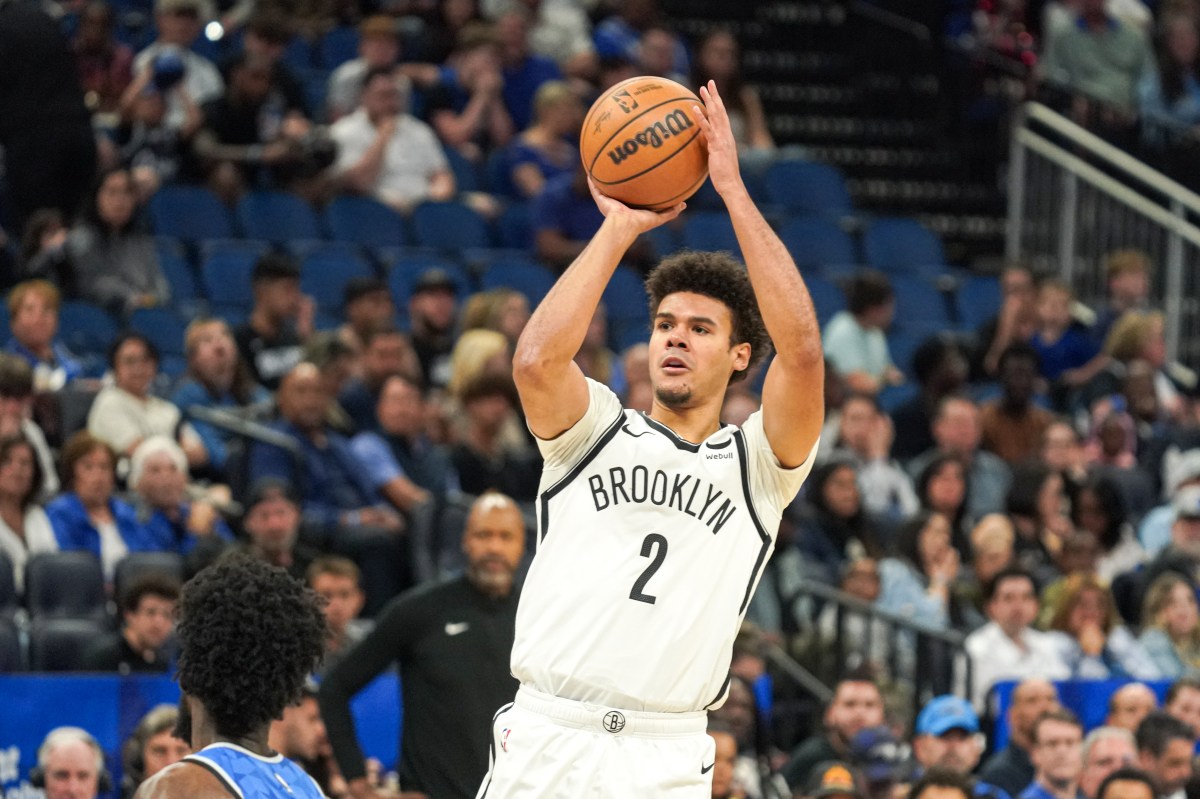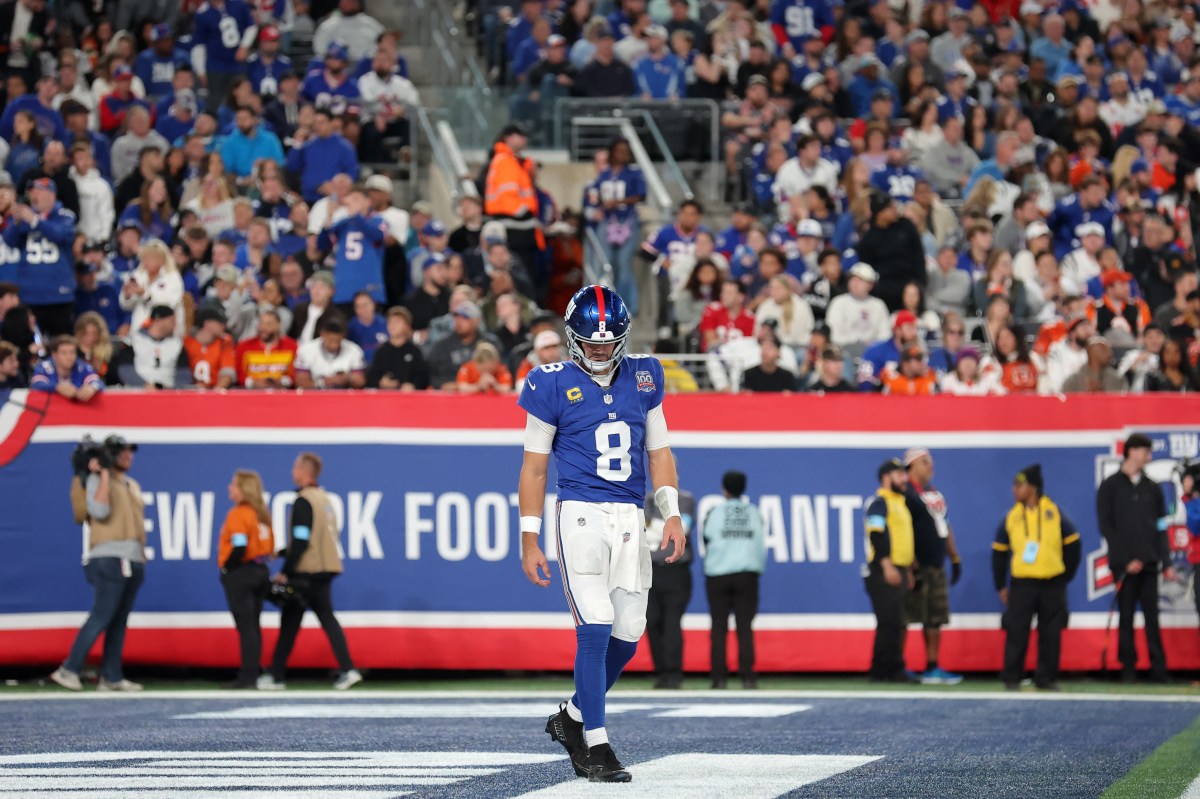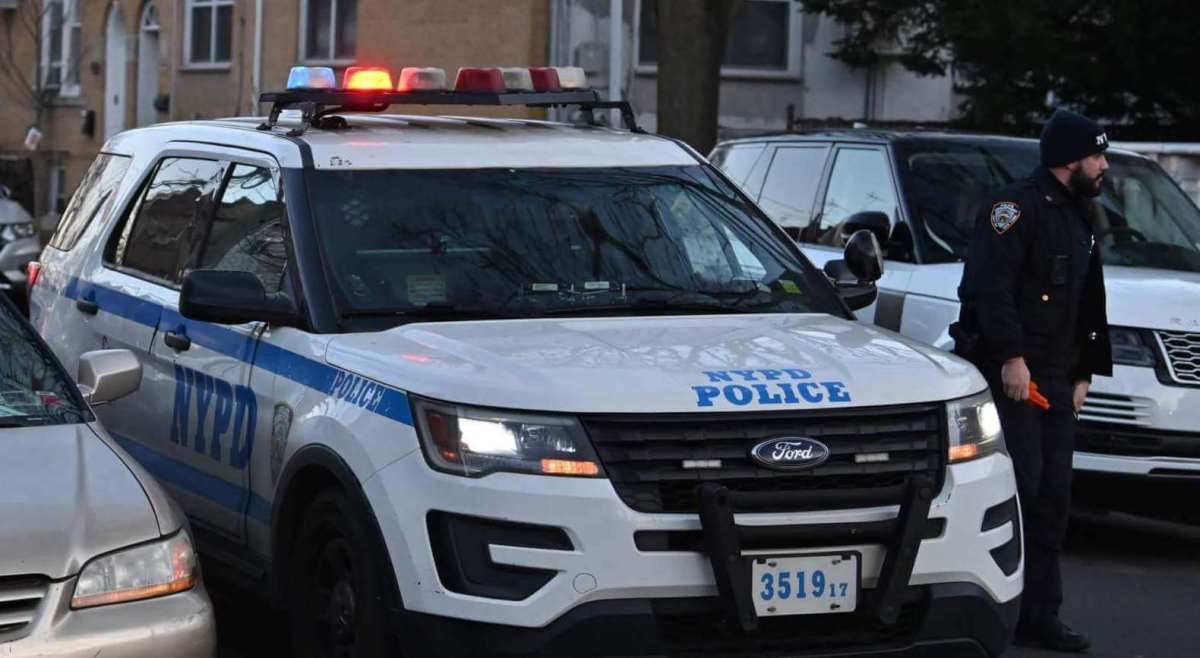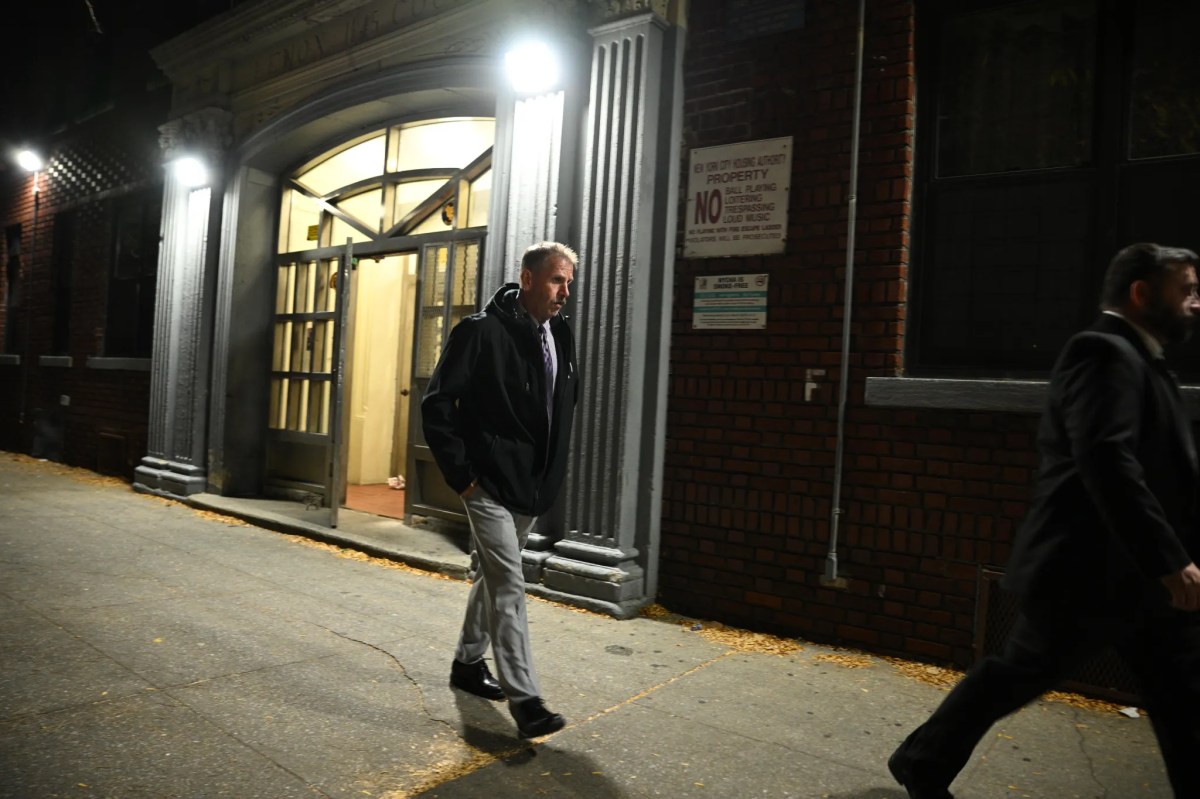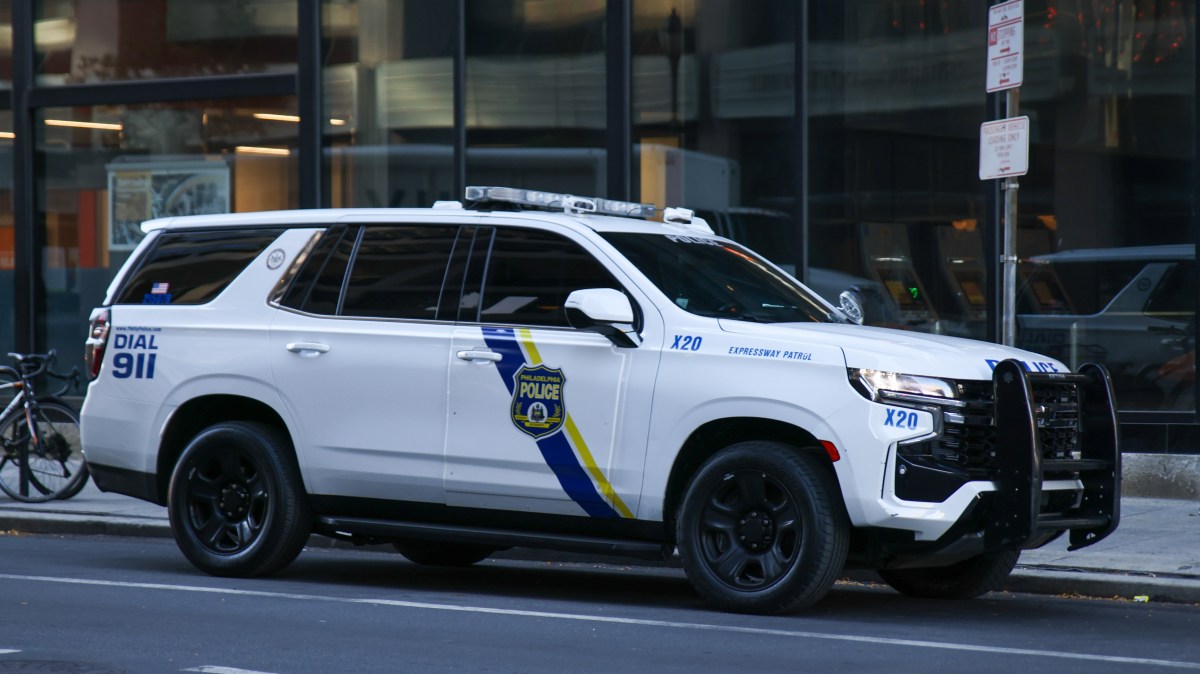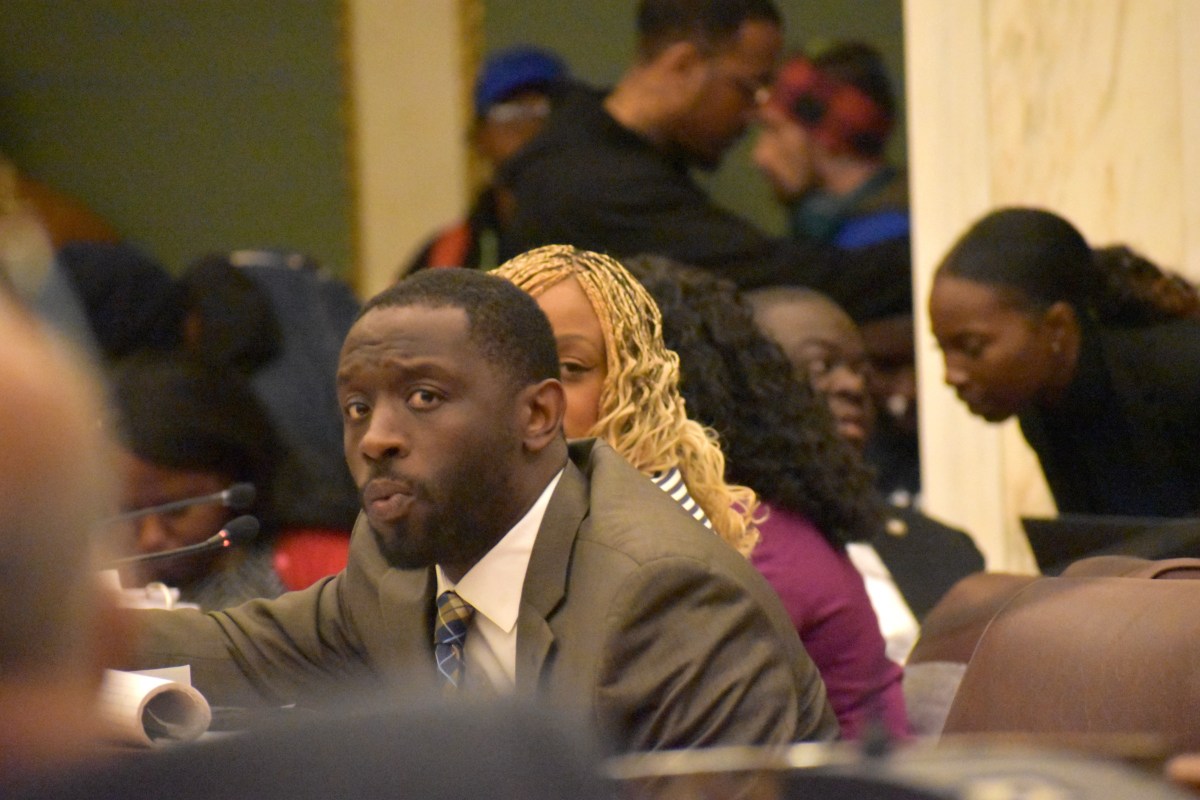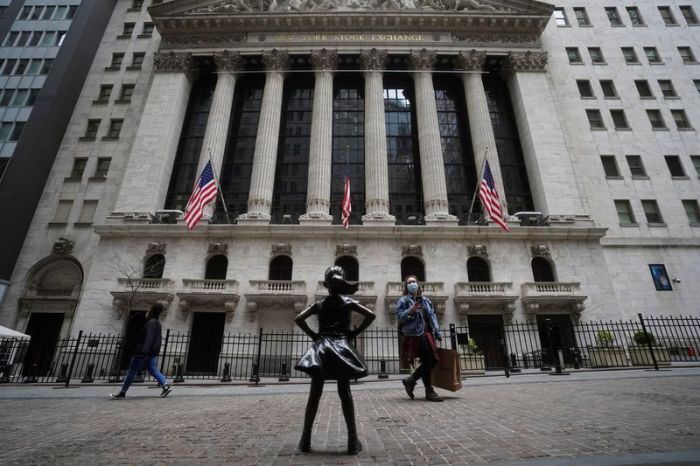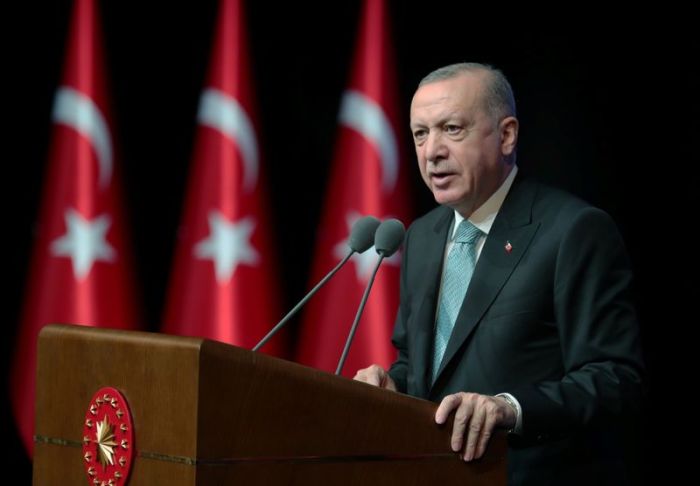PARIS (Reuters) -Billionaire investor Bill Ackman will buy up to 10% of Vivendi’s Universal Music Group through his main hedge fund, rather than a special purpose acquisition company, after investors and regulators questioned his use of a SPAC.
The investment comes ahead of a plan to list and spin off 60% of Universal to Vivendi shareholders, as the French group, controlled by tycoon Vincent Bollore, cashes in on the streaming boom and the lure of stars such as Taylor Swift.
The transaction has attracted big investors, including China’s Tencent <0700.HK>. But Ackman’s decision to use a SPAC to buy a minority stake raised eyebrows from the start, after deviating from the usual investment pattern for such vehicles.
Helped by easy monetary conditions, Wall Street and European markets have experienced a boom in these so-called blank cheque companies, designed to snap up entire private firms and take them public without the more onerous rules attached to listings.
Pershing Square Tontine Holdings (PSTH), Ackman’s SPAC, said in a statement that the U.S. Securities and Exchange Commission had raised issues with several elements of the deal, without disclosing them.
“The SEC raised a deal killer. They said that, in their view, the transaction did not meet the New York Stock Exchange SPAC rules and what that meant was what I would call a dagger in the heart of the transaction,” Ackman told CNBC in an interview.
Some investors had also queried the transaction, with PSTH shares falling 18% since it was announced, despite Universal’s appeal. Ackman had described Universal as an “incredibly iconic, super durable business”, and his investment had valued the music label group at 35 billion euros ($41 billion), including debt.
“We underestimated the reaction that some of our shareholders would have to the transaction’s complexity and structure,” Ackman said in a PSTH statement.
Pershing Square, Ackman’s main hedge fund, will now replace PSTH as the investor.
“Our counterparty was not left at the altar,” Ackman added.
The overhaul is a blow to the biggest-ever SPAC, after PSTH raised $4 billion in an initial public offering last summer. It said it now had 18 months to find another target, or it must return funds to its investors.
Ackman was optimistic he would find a new target, noting that many of the companies with which he had preliminary conversations a year ago might now be more ready to consider the next step.
Amid the SPAC deal frenzy, the SEC has begun to probe several aspects of the vehicles, including the way they are marketed and project growth forecasts, and potential conflicts of interest among their advisers.
Jefferies analysts said the $4 billion Universal investment would be a big outlay for Ackman’s main Pershing Square fund, but could be co-financed.
Ackman has revealed a personal motivation for supporting Universal, linked to his songwriting grandfather, Herman Ackman, who sold lyrics that are now owned by the music group.
Vivendi said in a separate statement that Pershing Square’s investment would likely amount to between 5% and 10% of Universal’s capital, adding that it would open it up to other investors to make up the shortfall were it less than 10%.
($1 = 1.1805 euros)
(Reporting by Sudip Kar-Gupta, Sarah White, Mathieu Rosemain and Svea Herbst-Bayliss;Editing by Edmund Blair, Mark Potter and Dan Grebler)

